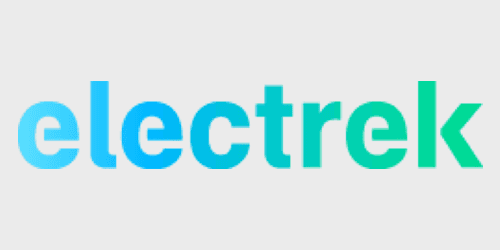
Tesla warned in a filing this week with the DC Public Service Commission that its customers could be excluded from reduced cost charging in the District of Columbia. This is because Pepco, an Exelon company and the electric utility in DC, proposed to the Commission on May 13 that “any public electric vehicle charging station for which Pepco provides make-ready infrastructure must permit readily accessible charging by a broad range of EVs”. This would mean Tesla Superchargers would be ineligible for the wholesale electric rate that would be available to other private operators like Chargepoint & EVgo.
Is that fair?
Tesla’s filing expresses shock and dismay. This is understandable given the lead up to this move from Pepco. Back in September 2018, Pepco asked the Commission for permission to build, own, and operate 35 neighborhood L2 and 20 L3 DC fast-chargers in the District. Tesla filed a comment on December 12, 2018 fully supporting Pepco, and even going so far as to provide a legal opinion that doing so was already within the utility’s authority. Chargepoint and EVgo pushed back, however, as they are opposed to utility-operated charging stations as ‘unfair competition’. Chargepoint complained that “regulated tariff pricing to drivers may be inconsistent with pricing to drivers from competitive market providers”.
On April 12, the Commission released its order, siding with Chargepoint and EVgo, finding that “Pepco cannot own electric vehicle charging stations because there is no showing” of “present and future public convenience”. On May 13, Pepco filed a formal application for reconsideration, challenging the Commission’s determination that there had already “been impressive growth” in EV charging infrastructure. Pepco had pointed out that almost all of the EV chargers in the District were clustered in downtown parking garages and hotels that were either costly or not accessible to the public, and this had been overlooked by the Commission in its order.
Where Tesla felt betrayed is that for the first time in its application for reconsideration, Pepco suggested that if it wasn’t allowed to operate its own EV charging stations, then it should only be required to provide the infrastructure if the charging station supported multiple manufacturers. It’s unclear what prompted this position.
Here’s Tesla’s filing with the DC Public Service Commission about the Pepco situation:
[scribd id=411369172 key=key-ACneLW7uQtpZxid76QjH mode=scroll]
Electrek’s take:
DC EV drivers are poorly served. The first curbside EV charger in DC opened on November 16, 2010, at the Frank Reeves Municipal Building on DC’s bustling U St. corridor. The launch featured a ceremony with then Mayor Adrien Fenty and U.S. Acting Under Secretary for Energy Cathy Zoi. It was paid for with funds from a DOE grant, and has been operated by Chargepoint since the beginning. It was supposed to be the first of 500 stations in the District alone. Almost a decade later, there are a total of 3 curbside EV charging stations in the District. The flagship Reeves charger has a 1.0 out of 10 on Plugshare, and users note that complaints to Chargepoint are passed off to the city, and the station is perpetually broken.
At this point, anyone willing to invest in EV charging in DC should be welcomed, and the utility should be allowed to open its 35 L2 and 20 L3 chargers. DC has set ambitious climate goals, and this is a necessary step. Furthermore, in either scenario, ratepayers will be paying, as Pepco will be making the costly infrastructure work. And excluding Tesla is needlessly antagonistic and will only further distance DC from its climate goals.
FTC: We use income earning auto affiliate links. More.






Comments